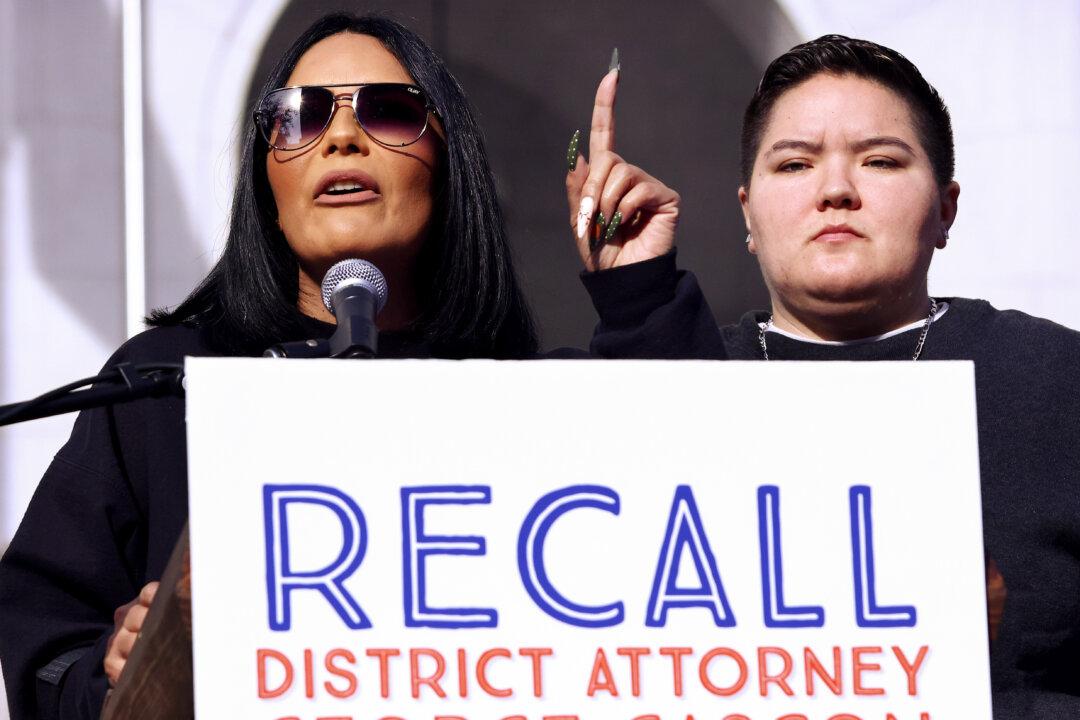Nearly three in five likely voters support new state laws to empower an oversight committee to remove elected local prosecutors who don’t prosecute violent crimes, according to a new Rasmussen Poll.
Often called district attorneys or state attorneys, local chief prosecutors are publicly elected at the county and sometimes the city levels to steer criminal prosecutions on behalf of the people of a particular state. They have wide discretion in setting policies on when to file or drop criminal charges, what kind of criminal charges to file, and how cases travel through the criminal justice system.





